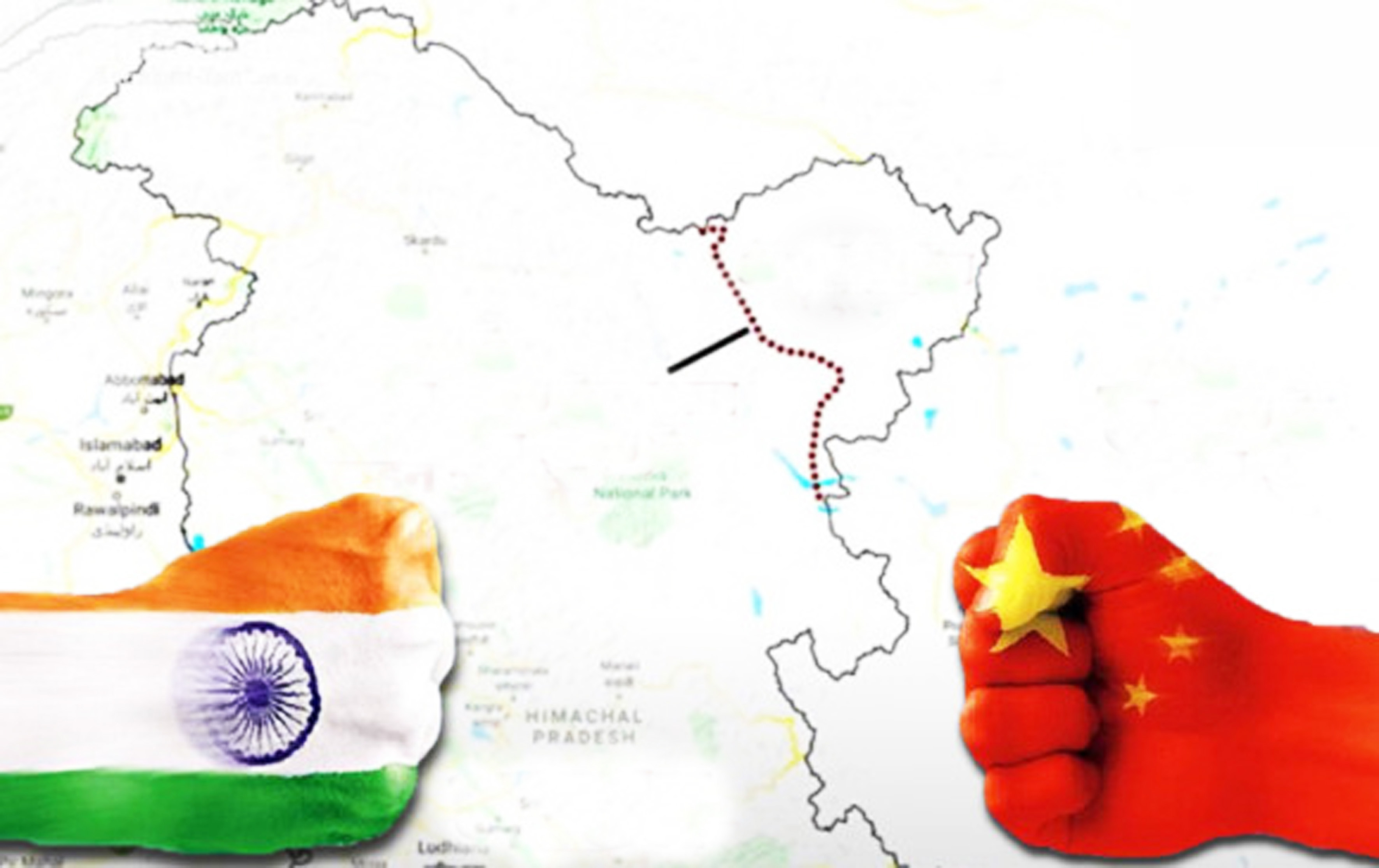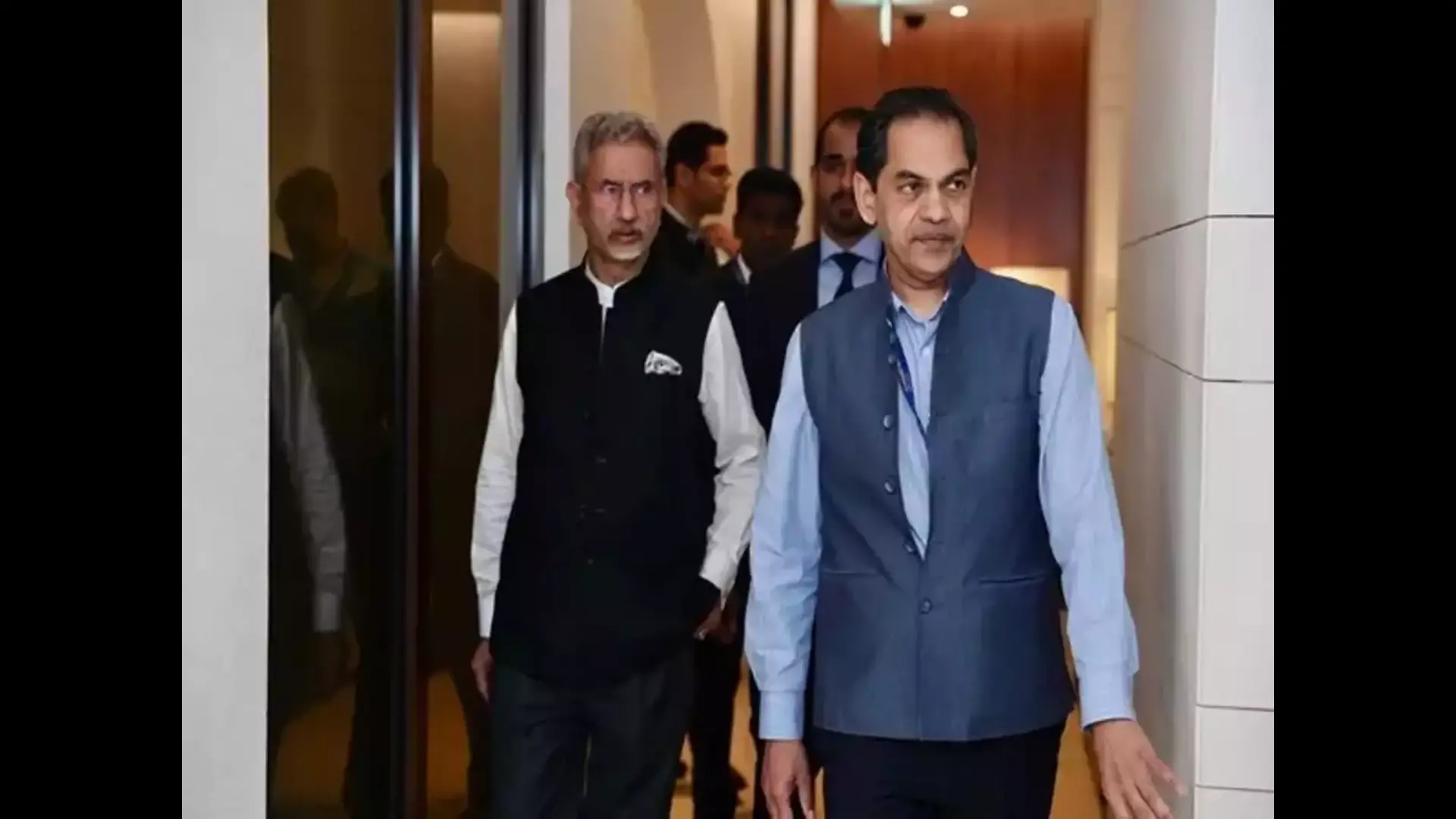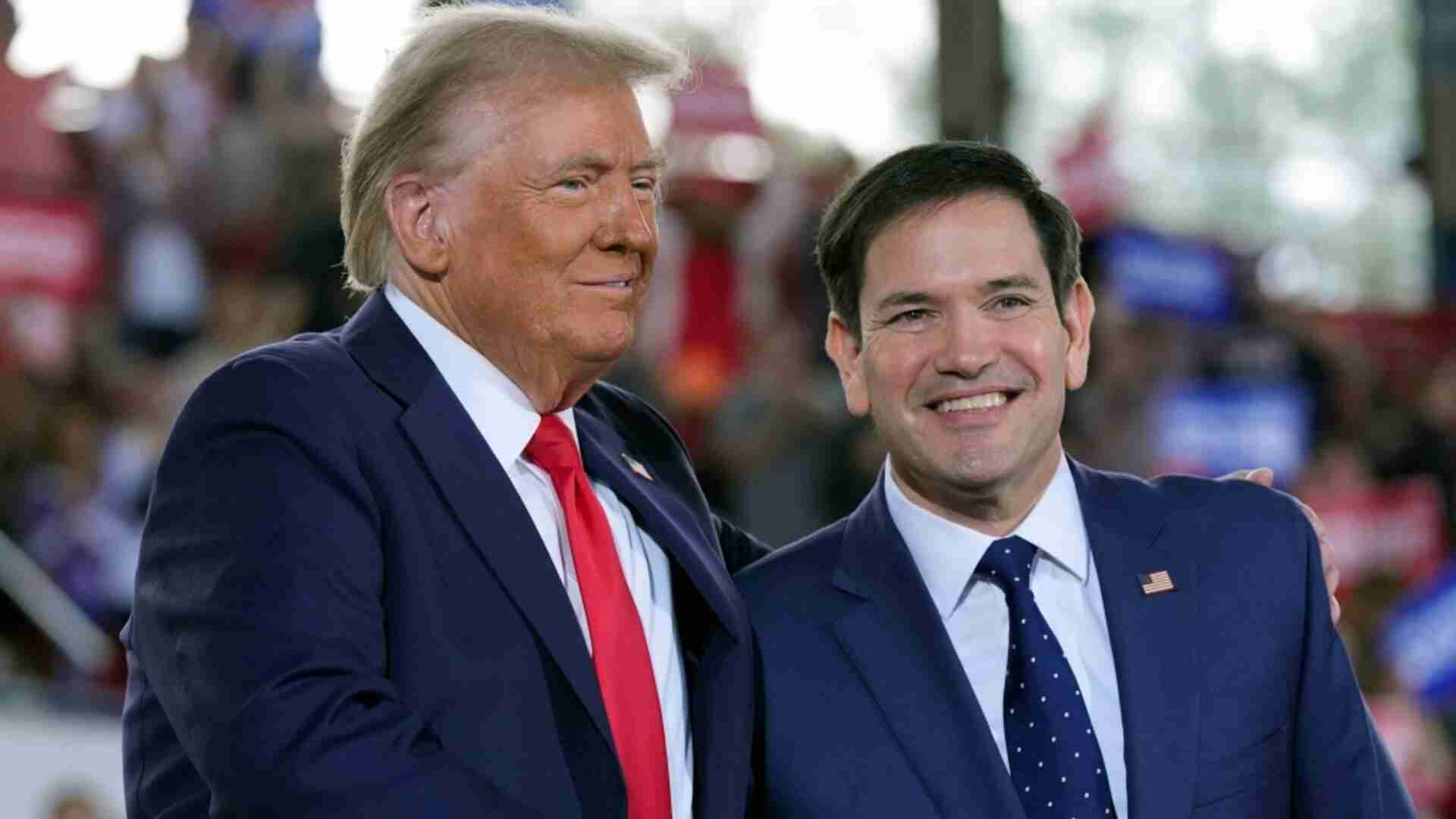
Both China and its all-weather friend Pakistan are unhappy with the Supreme Court’s verdict upholding the Indian government’s decision of abrogation of Article 370 in Jammu and Kashmir. Chinese Foreign Ministry Spokesperson Mao Ning has said that the verdict won’t impact Beijing’s stance that the “western section of the China-India border has always belonged to China”. “China has never recognised the so-called Union Territory of Ladakh set up unilaterally and illegally by India. India’s domestic judicial verdict does not change the fact that the western section of the China-India border has always belonged to China,” she said. Similarly, Pakistan too has reacted to the verdict upholding the abrogation of Article 370, saying India’s Supreme Court has “no legal value”. Pakistan Foreign Minister Jalil Abbas Jilani says that “Kashmiris have an inalienable right to self-determination in accordance with the relevant UNSC resolutions”.
Statement from the Pakistani FM should be viewed as a warning that Islamabad will be coming up with new mischiefs on Jammu and Kashmir to foment troubles for India in the wake of the Supreme Court’s verdict upholding the Narendra Modi government’s decision to scrap Jammu and Kashmir’s special status under Article 370. Frustrated over this development, Pakistan may be working on two-fold strategy aimed at creating fresh problems for India. One, there might be increased bids of infiltration of terrorists from across the Line of Control (LoC) into Jammu and Kashmir with the backing of Pakistan’s army.
A couple of incidents of infiltration bids foiled by Indian army over the past few days have been witnessed recently. Terrorists from Pakistan tried to wreak havoc in some bordering regions of Jammu and Kashmir, but alert Indian soldiers eliminated them and thwarted the conspiracy. However, the evidence of the terrorists’ links to Pakistan’s official agencies was discovered by the Indian Army from the possession of the terrorists. Undoubtedly, Pakistan is likely to intensify its efforts at increasing infiltration and ceasefire violations across LoC. Secondly, Pakistan will also step up efforts to internationalise the Kashmir issue, and China will definitely be helping Islamabad in this conspiracy. Upset with the Supreme Court’s verdict on Article 370 abrogation, China will also be looking for an opportunity to foment trouble for India on the fronts of Jammu and Kashmir and Ladakh, and Line of Actual Control (LAC). India should be cautious about the China-Pakistan axis working more aggressively on the agenda against New Delhi. China may be lending moral support to Pakistan in its campaign on the Kashmir issue at the international forums including the United Nations. Definitely, the Indian army is already on high vigil against any Pakistan’s move to crank up infiltration efforts. Similarly, the diplomatic establishment must also be cautious enough to counter the Pakistan-China bid to internationalise the Kashmir issue.
In fact, Union Home Minister Amit Shah in Parliament two days back claimed that the incidents of terrorism in Jammu and Kashmir have drastically reduced. Shah also used the Lok Sabha platform to showcase the Union Government’s achievements in Jammu and Kashmir after the Article 370 was abrogated. These accounts detailing the development in Jammu and Kashmir and Ladakh must not have gone down well with Pakistan and China. At the same time, Islamabad is aware that the Narendra Modi government is keen to implement the ‘Zero Terror’ plan in Jammu and Kashmir. The squads are being prepared to deal with terrorists who try to infiltrate into areas of Jammu and Kashmir bordering Pakistan.
So, China and Pakistan may be working on a joint agenda to create problems for India either on borders or at the UN. China might use its aggressive policy along the LAC to needle India. It may be recalled China had once pulled out all the stops to internationalise the issue of Kashmir at the behest of its all-weather ally Pakistan at the United Nations. China had sought a closed-door consultation under AOB (Any Other Business) at the UNSC after the listed issues were discussed. The meeting was based on the old request of Pakistan. Indian diplomats managed to thwart China’s bid to internationalise the Kashmir issue like this. There were no takers for China’s request. All other 14 members of the UNSC were of the view that this was not a matter that needed discussion at this point.
They had said that the issue is a bilateral matter between India and Pakistan. In the light of this, the possibility of China stepping up efforts to help Pakistan rake up the Kashmir issue at the UN cannot be ruled out.















